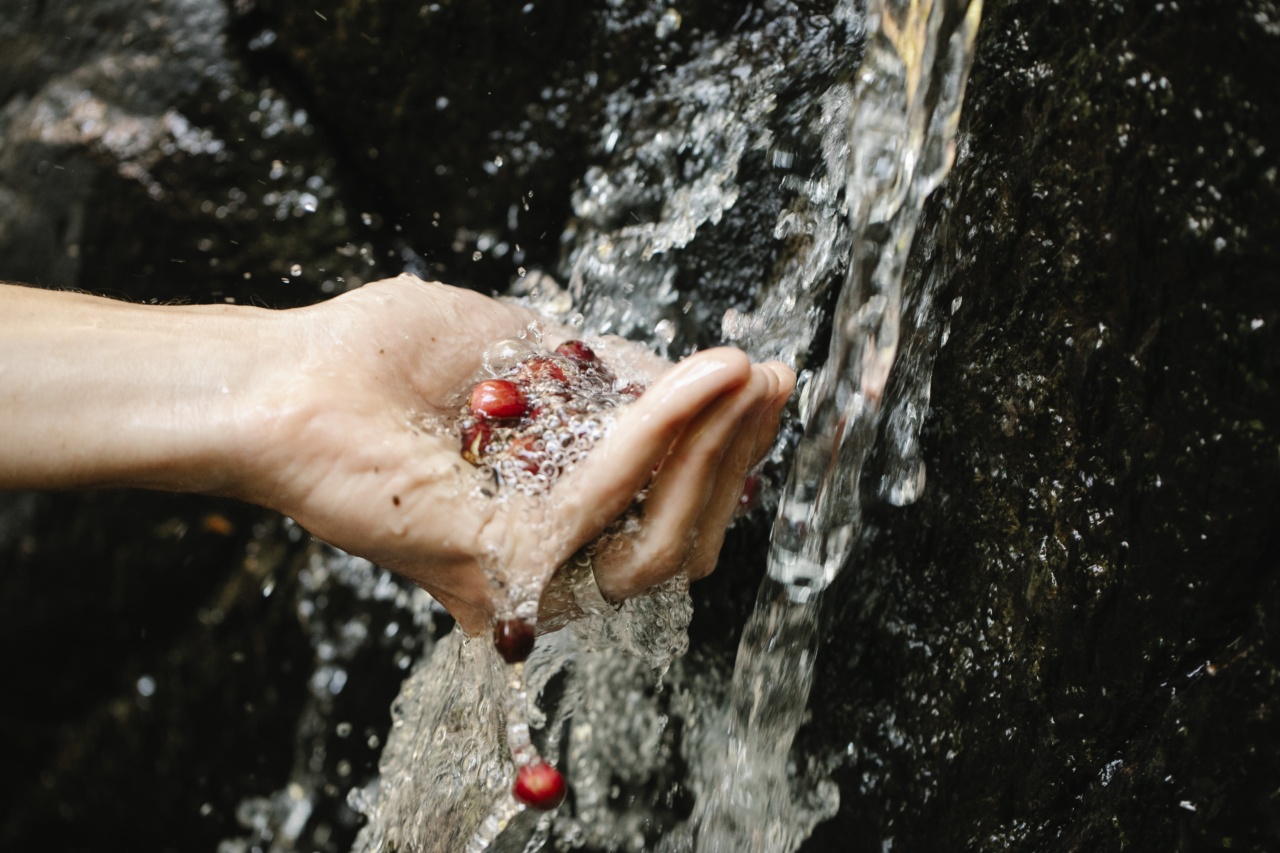Hand washing is an essential practice to maintain personal hygiene and prevent the spread of diseases. It helps remove dirt, bacteria, viruses, and other harmful microorganisms that can potentially cause various illnesses.
One important aspect to consider when it comes to hand washing is the temperature of the water used. There has been an ongoing debate about whether hot water or cold water is more effective in killing germs and ensuring proper hand hygiene.
In this article, we will delve into this topic and explore the advantages and disadvantages of both hot and cold water for hand washing.
Hot Water for Hand Washing
Hot water is commonly associated with better cleaning and disinfecting properties. When washing hands with hot water, it helps to loosen and remove oils, dirt, and organic matter more effectively.
The heat also promotes the flow of blood to the hands and helps open up pores, thereby aiding in the removal of bacteria and other microorganisms. Moreover, hot water can provide a soothing and relaxing effect, making the hand washing experience more enjoyable.
While hot water has its advantages, it is essential to note that using water at extremely high temperatures can be detrimental to the skin. Excessive heat can strip the natural oils from the skin, making it dry and prone to cracking.
This can lead to discomfort and potential infection if not properly moisturized. It is best to use warm water rather than scalding hot water to prevent skin damage while still achieving effective hand washing.
Cold Water for Hand Washing
Contrary to the common belief that hot water is superior, several studies have suggested that cold water is equally effective in hand washing.
Cold water may not have the immediate ability to kill bacteria, but it still helps to rinse off dirt, debris, and some microorganisms present on the hands. Additionally, cold water does not strip the skin of natural oils as hot water does, making it a suitable option for those with sensitive or dry skin.
While cold water alone may not have the same disinfecting power as hot water, the use of soap plays a vital role in ensuring proper hand hygiene.
Soap, when combined with cold water, creates a lather that traps dirt and bacteria, facilitating their removal from the skin. The friction generated during hand washing is more crucial than the water temperature alone in eliminating pathogens. Therefore, the use of cold water with soap can still result in adequately clean hands.
Key Considerations: Hot vs. Cold Water
When determining whether to use hot or cold water for hand washing, several factors need to be taken into account.
1. Bacterial Killing Power
Hot water has been traditionally associated with better bacterial killing power. Higher temperatures are thought to weaken the cell walls of bacteria and lead to their destruction.
However, recent research suggests that using cold water with soap can be equally effective in eliminating bacteria.
2. Skin Sensitivity
Hot water may cause skin dryness and irritation, especially for individuals with sensitive or eczema-prone skin. Cold water, on the other hand, is gentler and less likely to exacerbate skin conditions.
It can be a suitable option for those with skin sensitivities.
3. Energy Consumption
Using hot water requires energy to heat the water, resulting in increased energy consumption and higher utility bills.
If energy conservation and reducing carbon footprints are priorities, opting for cold water for hand washing can be a more sustainable choice.
4. Cultural and Personal Preferences
Personal and cultural preferences can also play a role in the choice between hot and cold water for hand washing. Some individuals may find hot water more comfortable, while others may prefer the refreshing sensation of cold water.
Considering personal comfort and preferences can enhance hand hygiene compliance.
Conclusion
When it comes to hand washing, both hot and cold water can be effective in maintaining proper hand hygiene. The use of soap, friction, and adequate handwashing techniques are far more critical than the water temperature itself.
It is vital to wash hands for at least 20 seconds, ensuring all areas of the hands are thoroughly cleaned, regardless of the water temperature chosen. Considerations such as skin sensitivity, bacterial killing power, energy consumption, and personal preferences should guide the decision-making process.
Ultimately, the goal is to practice regular hand washing with soap, regardless of whether hot or cold water is available.
Proper hand hygiene remains one of the most crucial preventive measures in reducing the transmission of diseases and promoting overall health.






























